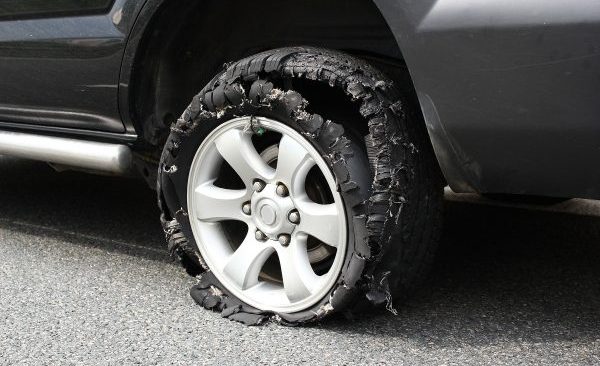Tire pressure monitoring systems, or TPMS, are vital tools for all vehicles. Not only can these innovative automotive systems save lives, they support proper vehicular maintenance and care. Continue reading to learn more about tire pressure monitoring systems, including which types are available, the differences between them, and what they can do for you.

Indianapolis Towing and Roadside Assistance 317-247-8484
Tire pressure monitoring systems are designed with innovative technology to detect and warn drivers of under-inflated and over-inflated tires. TPMS are always operating in a vehicle; so they constantly monitor and measure tire pressure to ensure that all tires are properly inflated. Not only can this prevent accidents and injuries, it can improve fuel efficiency, vehicle performance, and much more.
Indirect vs. Direct TPMS
There are two kinds of TPMS applied in modern vehicle technology: indirect and direct. Both types of tire pressure monitoring systems are created equal in nature, however, they each come with their fair share of pros and cons.
Indirect tire pressure monitoring systems is designed to monitor tire revolutions. By measuring the number of revolutions each tire is making as you drive, it can monitor changes in pressure and detect when the inflation is off. They are well noted for being more affordable than direct TPMS in regards to both initial investment and installation, as well as, for being low maintenance. However, drivers have had complaints about having to reset the system after re-inflation or any tire rotation.
Direct TPMS use actual monitoring sensors that are located in each tire. The sensors measure air pressure levels, and send wireless data to the vehicle’s computer system. Drivers appreciate the accurate readings a direct TPMS provides, no matter the condition of the tires. They also appreciate the 10-year average lifespan of the sensor batteries. On the other hand, direct systems are known to cost more, and their sensors are prone to damage during tire mounting. Another challenge to direct TPMS is that the entire system must be replaced when the sensor battery life runs out.
Older Models Without TPMS
Those without a modern tire pressure monitoring system in their vehicle are left to use manual tire gauges to measure tire pressure. In vehicles equipped with TPMS, a light will illuminate on the dashboard to indicate unsafe tire pressure detection. This light will remain on until the air pressure imbalance is resolved. Although it does not tell you which tire is low on air, it does alert you early on, which allows you to avoid sustaining any motor vehicle damage or experiencing an accident.
Unexpected Tire Troubles?

Zore’s Towing Indianapolis 317-247-8484
